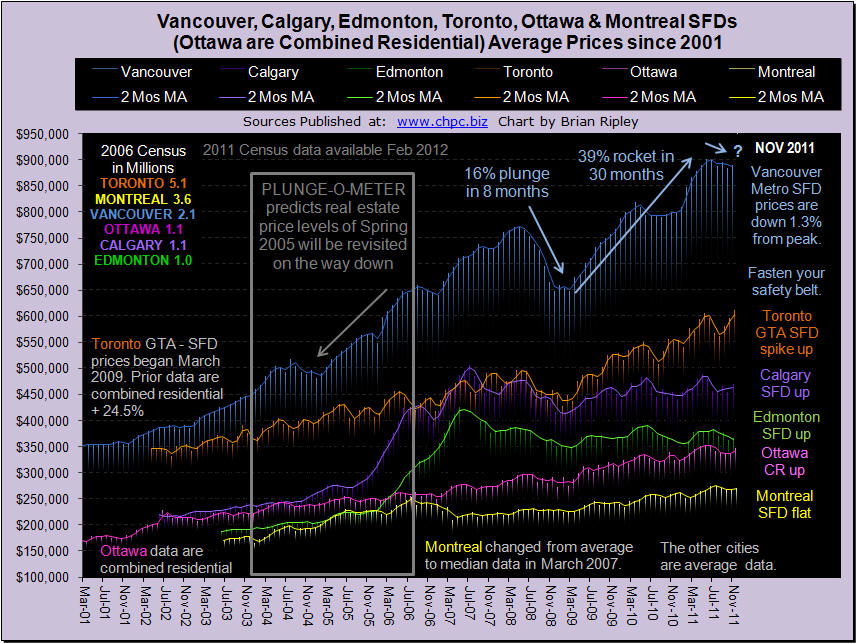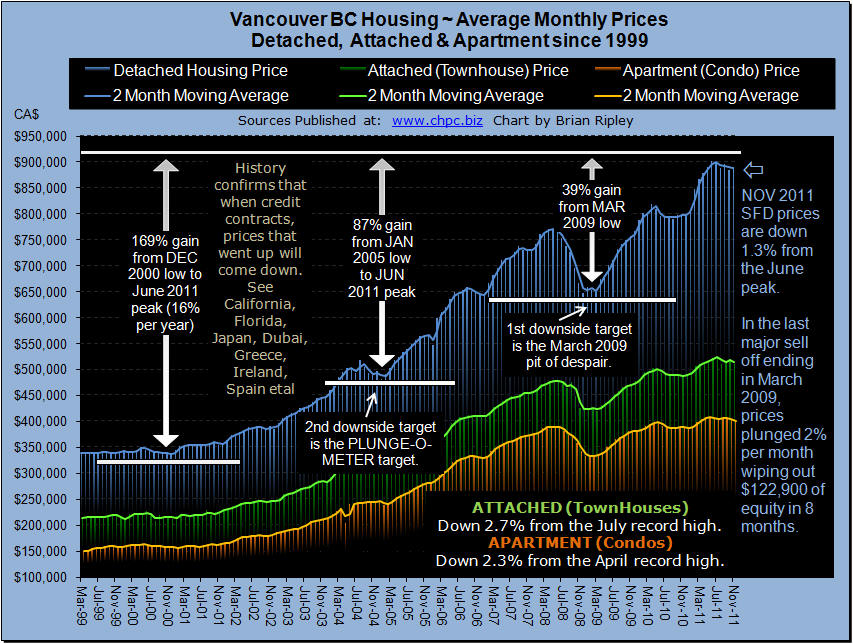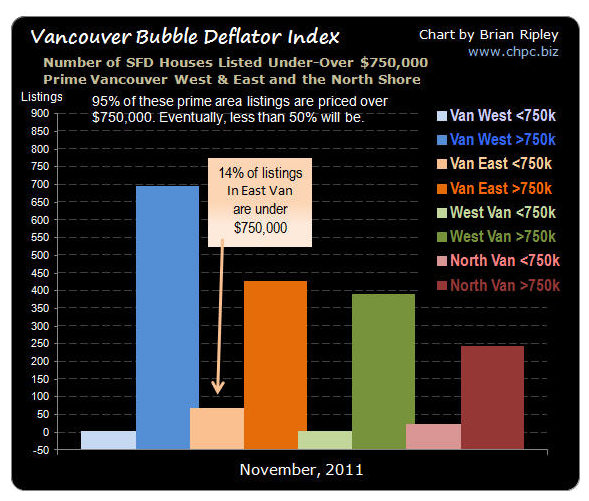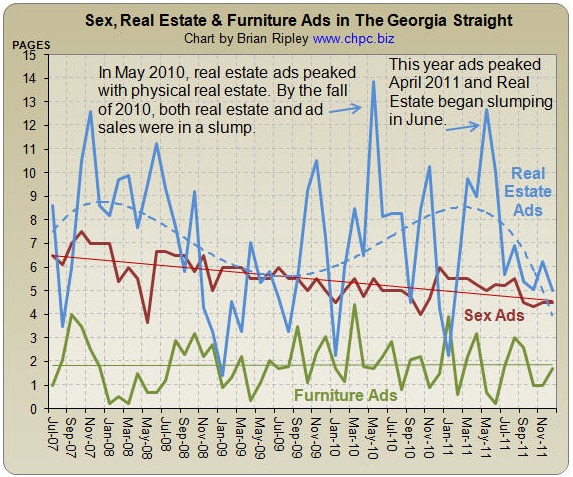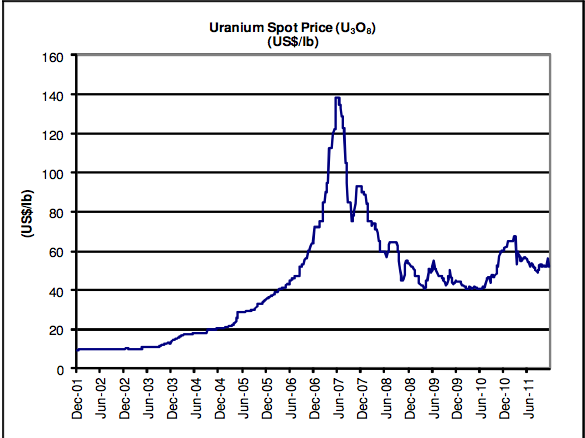We did our Hamlet post for the ECB last Thursday and, like the Prince of Denmark, the dithering by the former Deutsche Mark crowd on whether or not to support the union of Mother Merkel and Uncle Nick, who killed the Fatherland in order to take their place at a new EU table – goes back and forth endlessly, swinging from pledges of bold action, right back to more inner monologs – where much is pondered but nothing is actually fixed.
In Hamlet, the action is moved forward by haphazard events, with Germany’s decision-making driven by fear of the hyper-inflationary ghost of the past while a castle full of knaves and fools twist and turn along the path which fate will, inescapably, lead them all to.
Sadly, in Hamlet, pretty much everyone ends up dead, dropping off like flies, one by one as their little union falls apart and things spin out of control. In the end, Norway has to come and take over the ruined kingdom – presumably because they have all that oil money and a balanced budget….
It was Polonius (Ophelia’s Dad), who first said, “neither a borrower nor a lender be” (shame on your English teacher if you thought Ben Franklin didn’t steal it) and the continuation of that couplet is “for loan oft loses both itself and friend.”
The European Governments aren’t making any friends with their drastic austerity measures and the program they came up with (see “The Rube Goldberg Solution“) simply guarantees a recession while doing virtually nothing to solve the debt – just another game of kicking the can down the road.

But what is the point of kicking the can down the road if you are doing nothing to improve your situation? Does the EU really not understand the game? Businessmen punt all the time – when bills pile up, sales are down, and times are tough – we restructure, we refinance – whatever it takes to buy time and improve our cash flow, but THERE’S USUALLY A PLAN! You don’t just begin haphazardly shutting down operations while hoping your revenues randomly improve.
Austerity NEVER works! The UN’s Economic Think Tank, UNCTAD, in its September report, entitled “Post-Crisis Policy Challenges in the World Economy,” savaged U.S. and European economic policies and called for wage increases, stricter regulation of financial markets, including a return to a system of managed exchange rates, and a conscious break with market-led thinking. “The message here is very pragmatic: we need to reverse our course quickly,” said UNCTAD Secretary General Supachai Panitchpakdi.
Supachai, a former head of the World Trade Organization, claimed the policy response to the crisis, particularly fiscal tightening, was misconceived and inept. The report’s lead author Heiner Flassbeck, head of the globalization and development strategies division at the U.N. Conference on Trade and Development, and former deputy finance minister in Germany, called current policies a disaster and said global economic situation was extremely dangerous. Without more stimulus, a decade of stagnation was the best-case scenario.
If interests rates everywhere are zero, and if governments stick to the policy of not only keeping fiscal deficits where they are but retrenching, cutting public expenditure, then we will end up in permanent recession. Unemployment depends very much on demand. And if you have no demand then you need government to step in with a huge program for stimulating the economy. This was the U.S. scenario in the past. Now it’s worse because wages are rising less than in the past so you’re going to need a bigger stimulus program.
The recovery from the financial crisis was not only jobless, which was to be expected, but it was also “wageless,” with Americans, Japanese and Europeans — 70 percent of the world economy — expecting their incomes to stagnate. In its last report a year ago, UNCTAD said a premature removal of stimulus policies might cause a deflationary spiral with attendant slumps in growth and employment around the world.
“Let’s not fool ourselves. This is a realistic scenario for the whole developed world, if we do not understand the lessons now, and really quickly, because we do not have other instruments any more,” Flassbeck told a news conference to launch this year’s report. “To revive the economy with a wageless recovery with diminished expectations by the private economy, by private households, what are the instruments at hand? There is nothing.”
The report put much of the blame for the crisis on deregulation of financial markets, which it said invited destabilizing “herd behavior” by speculators, and allowed an over-concentration of banking activities.
What we’ve seen in the past and we never learn is that countries seem to have excessive belief in the financial markets. And we’ve seen time and again that financial markets are not very sound in their judgment. But still people keep thinking that they are doing these austerity measures because they want to please the markets so that the markets give them better ratings, including the rating agencies which do not always produce the best assessment.
According to Flassbeck, the herd mentality is evident whenever equity markets and commodity markets all lurch in tandem on the same day, an effect that could not conceivably be caused by real swings in demand. But the world ignores it. “If the G20 negotiations were not confidential, I would tell you that it’s ignored even there.”
You can feel the frustration in that statement. Why is it that we’ve spent, internationally, over 20% of the global GDP handing money out to Investment Banks, regular Banks and Big Businesses, but have done nothing for the customers? Note the above statistics are from 2003 and have gotten much worse since then. This problem has been coming down the pike for many years and eliminating the losses that have been realized due to the problems of social imbalance does not prevent the same problems from upending the economy again.
At the moment, all we can do is kick that can down the road again. If they don’t come up with AT LEAST $500Bn of new stimulus to get us through the next 6 months, I will get very bearish indeed and if they do come up with $500Bn or more, then we will ride that bullish wave until it’s time to flip short again. Nothing the Fed or the Administration does that doesn’t take concrete steps towards creating jobs and rebuilding the infrastructure of this Nation will cause a sustainable improvement.
 The rest of the World is dragging us down and it’s not like we’re strong swimmers in the first place.
The rest of the World is dragging us down and it’s not like we’re strong swimmers in the first place.
Take the ICSC Retail Store Sales Index, for example. It’s down 0.1% week over week after being down 2.3% the week after black Friday and is now up just 2.9% for the year after being reported up 3.8% just last week. Despite another fall after the steep post-Black Friday drop, the report believes “consumers are delaying their final gift buying more than ever, a trend that points to sales strength over the next two weeks” Whuck? Are there people who actually read this BS and just nod their heads and think “well, sounds like retail sales are doing great”?
Speaking of Retail Sales, BBY missed by .04 (10%) with revenues missing by less than 0.1% so let’s think about that for a moment. Had they sold 0.1% more stuff, would they likely have made 10% more money? No, probably not. That means that the stuff they are selling is simply not making enough money. How many retailers does this apply to with their “great” sales? Unfortunately, we’ll find out in January.
Overall November Retail Sales (including food and gas), were up 0.2%, which is 60% less than the 0.5% expected by Economorons and down from 0.6% in the prior estimate. People, these are not good numbers. This is an economy that needs real stimulus and all we’ve done so far is bail out the top 1% (including top Corporations), who had their best year EVER – thanks the the bottom 99% taking on more debt obligations than ever through their Nation’s borrowing and having their currency devalued more than ever through their Nation’s money-printing.
The Fed or not the Fed – this is not likely to end well so please – be careful out there!
Try out Phil’s Stock World here >


